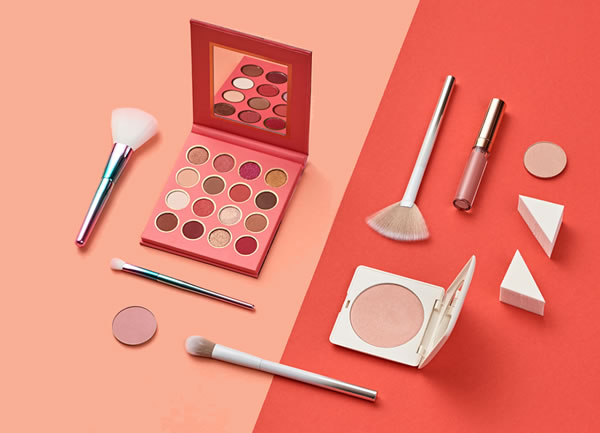Plastic waste has no place in the environment and just as any responsible industry would, CTPA and the UK cosmetics industry shares the widespread concerns about the serious issue of plastic pollution in our environment.
The cosmetics industry and Governments around the world have already taken extensive action to ban plastic microbeads in cosmetic products. For example, in 2015, the cosmetics industry across Europe chose to voluntarily remove plastic microbeads from rinse-off products because these substances went directly down the drain, and alternative ingredients are available.
In recent years, other solid, man-made, non-degradable ingredients in cosmetics have been included into the umbrella term ‘microplastics’ because they persist in the environment. These ingredients are currently vital to the performance of cosmetic and personal care products, including those essential to our health such as sunscreens and toothpaste as well as those critical to our wellbeing such as skincare and make-up.
However, there are solid, man-made polymers which do break down in the environment and the cosmetics industry is innovating to increase the range of ingredients which break down easily in the environment, and this takes time.
All cosmetic products and their ingredients must be safe to use. In the case of microplastics used within cosmetics, we can be confident that these are subject to the same extremely strict UK and EU safety laws as for all cosmetic ingredients. The use of these substances in cosmetics will have been carefully reviewed and approved by an experienced and qualified safety assessor who will have confirmed that they do not pose any risk to human health before they are made available as required by the strict laws.
For more details, see our FAQ on microplastics.

